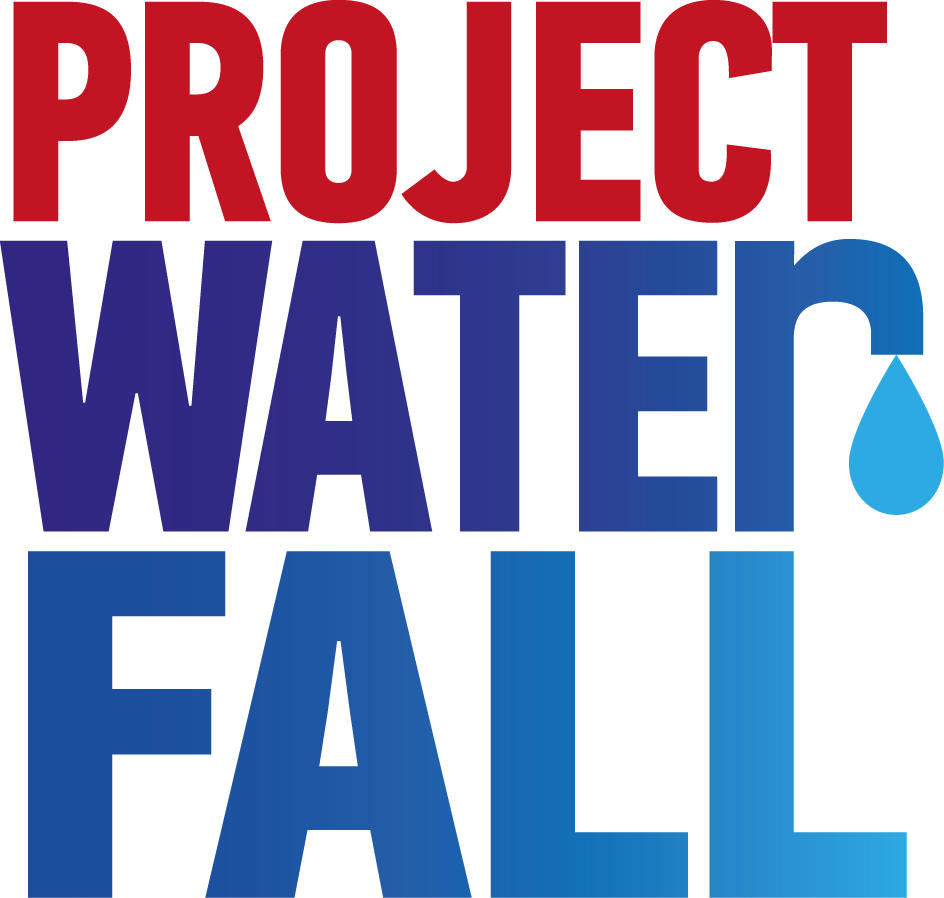“To make these works sustainable, we will engage the community. We will provide different trainings to the community on how they should properly use the water and protect the water source. We are also planning to help the community form a WASH Committee.”
With our latest project in Jabi Tehnan, Ethiopia now completed, it’s time to share some stories from Berbere, Ethiopia: the location of our latest project.
Meet 33-year-old Safi. He’s a water engineer for the Berbere District Water and Energy Bureau having completed a diploma in water supply sanitation. He lives in Haro Town and has 4 children.
As Safi has already participated in researching, planning and surveying, he is focal in the implementation of new water supply systems in the area.
33-year-old Safi
WaterAid/ Frehiwot Gebrewold
Safi told us about the infrastructure that will be built to provide a permanent, climate change resilient supply of water to seven kebeles (wards) in Berbere:
“At first, we were planning to distribute the water to all the kebeles using gravity. But when we did further research with the consultants, we have decided to use a pumping system for three kebeles. Of course, the water can be distributed to some of the kebeles with gravity, but we have decided to add pumping systems for three kebeles as they are a bit far. Otherwise, the power of the water will become weak, and it cannot be discharged equally to all the kebeles.
To pump the water, we will use solar system using panels. This is a whole new technology in our area. We used to pump water in some places using a generator and gas, but that was very expensive and also not good for the environment. As a result, it cannot be sustainable. But I am sure the solar system would be easier to use and also environmentally friendly. This is one of the new technologies we will be using in this area.”
Currently, the majority of people living in Berbere do not have access to clean, safe water. A study conducted in the project area showed that 82% of households use water from unprotected sources.
A women collecting water from an unprotected source in Berbere
WaterAid/ Frehiwot Gebrewold
After these solar-powered water supply systems have been constructed, 40,000 people will have their lives transformed by access to clean water.
Safi shares our commitment to ensuring that these systems are permanent, providing tangible solutions to the water crisis in Berbere. He told us how this will be done:
“To make these works sustainable, we will engage the community. We will provide different trainings to the community on how they should properly use the water and protect the water source. We are also planning to help the community form a WASH Committee (WASHCo).
The WASHCo will consist of four female and three male members. They will be provided with different WASH trainings, so that they create awareness among the community about the different facilities and how to properly use them.”
Safi and the rest of the community in Berbere are optimistic about the future:
“The community is so happy to be engaged and involved in the work so far. They always say they would happily support the project as they are eager to have access to water.”



